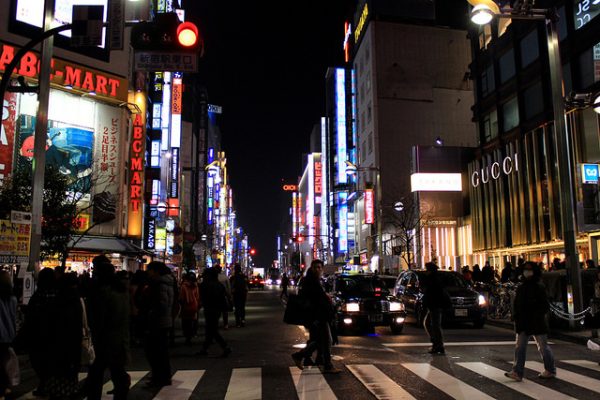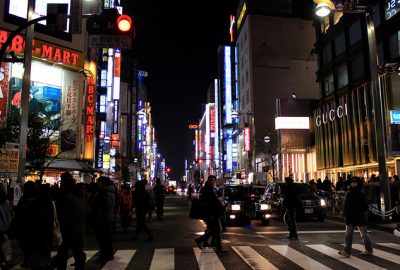Tokyo: Japanese Tea Ceremony at Hotel Okura
I attend a traditional tea ceremony in Tokyo.
Her hands tell a story of tradition and experience. The sturdy fingers deftly pour the powdered tea into the ornamented bowl, add hot water, then take up a whisk and stir the mixture to frothy perfection. The hands’ deliberate movements are at once brisk and graceful, assured and knowing; they wittily play out a scene centuries’ old. Their owner, a handsome Japanese woman dressed in a kimono, exudes the confidence and authority that come with having done this many times before — her performance informed by both practice and history.
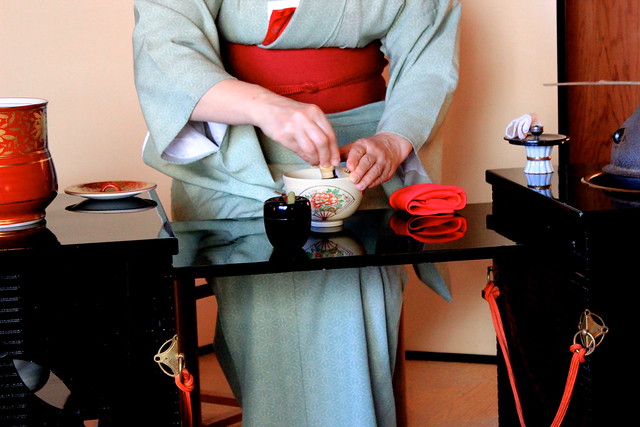
I look on transfixedly, hypnotized by the ceremony of it all.
Because let’s be clear: this ain’t your typical Lipton-teabag-plopped-into-a-mug-of-piping-water kinda deal. Tea is serious business here.
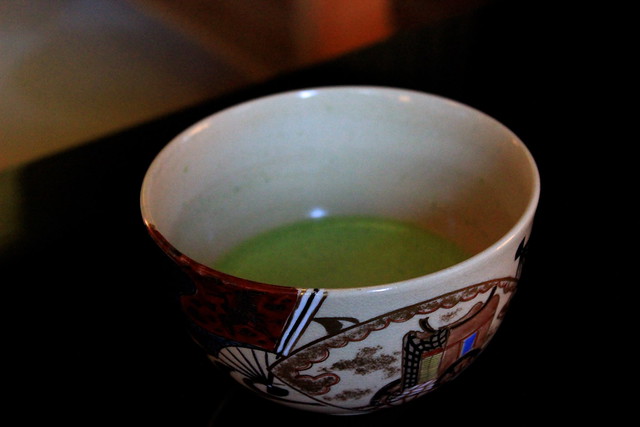
Those familiar with Asian culture will know that tea is essentially an institution. Its long and heralded history in South Asia and the Far East can be felt even in the present day: China is the world’s largest producer of tea, with India coming in at a close second. In Japan, tea drinking is a highly ritualistic cultural activity most evident in the preparation and presentation of matcha, a powdered green tea whose consumption in the country dates back to the 12th century.
With four days in Tokyo and an assortment of experiences on our agenda, my friend and I made an appointment at the Okura, a luxury hotel situated in the heart of downtown Tokyo. For 1,550 Japanese Yen (about $15 USD) per person, we participated in their traditional tea ceremony, conducted in a calm-inducing room on the 7th floor of their sprawling premises.
Sitting cross-legged on tatami mats, we are coached through the 45 minute procedure by our hostess, a picture of elegance in her light green robe and smooth chignon.
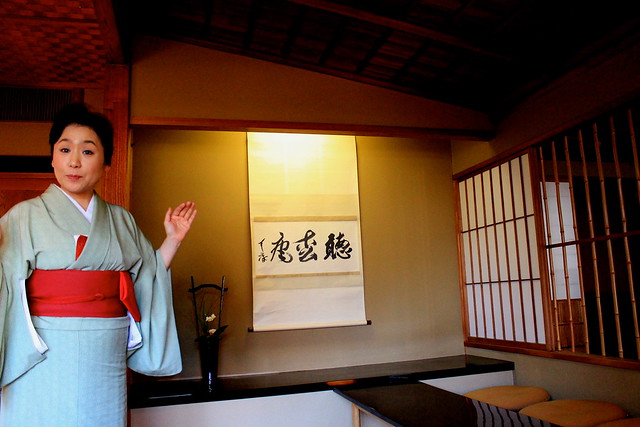
The ceremony itself is very elegant, almost dainty: many of the 45 minutes are characterised by quietly observing the preparation of the tea, then reflecting on the tea before and after its consumption. In fact, the whole affair is sweetly languorous, deliciously slow. Our hostess’ weighted movements while making the matcha indicate a lack of urgency; and when we are offered wagashi (a Japanese dessert made from bean paste) while we wait we are instructed to take our time, to savour it. This chilled out atmosphere is a welcome respite from the bustling thoroughfares of hectic Tokyo.
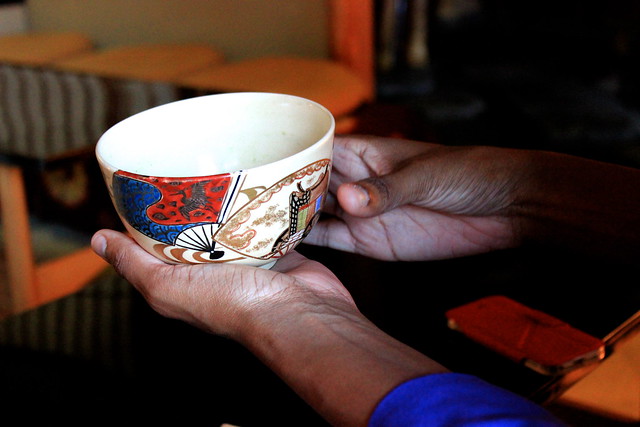
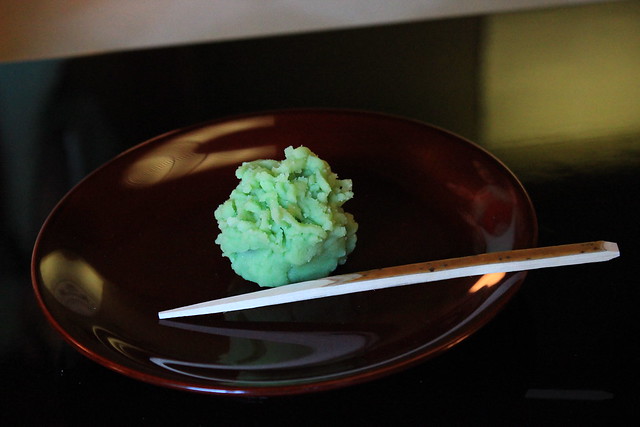
All in all, attending a traditional Japanese tea ceremony is a tea-rrific (bad pun?!) way to gain more insight into what is an undeniably fascinating culture. Be sure to factor a ceremony into your Japan trip!


